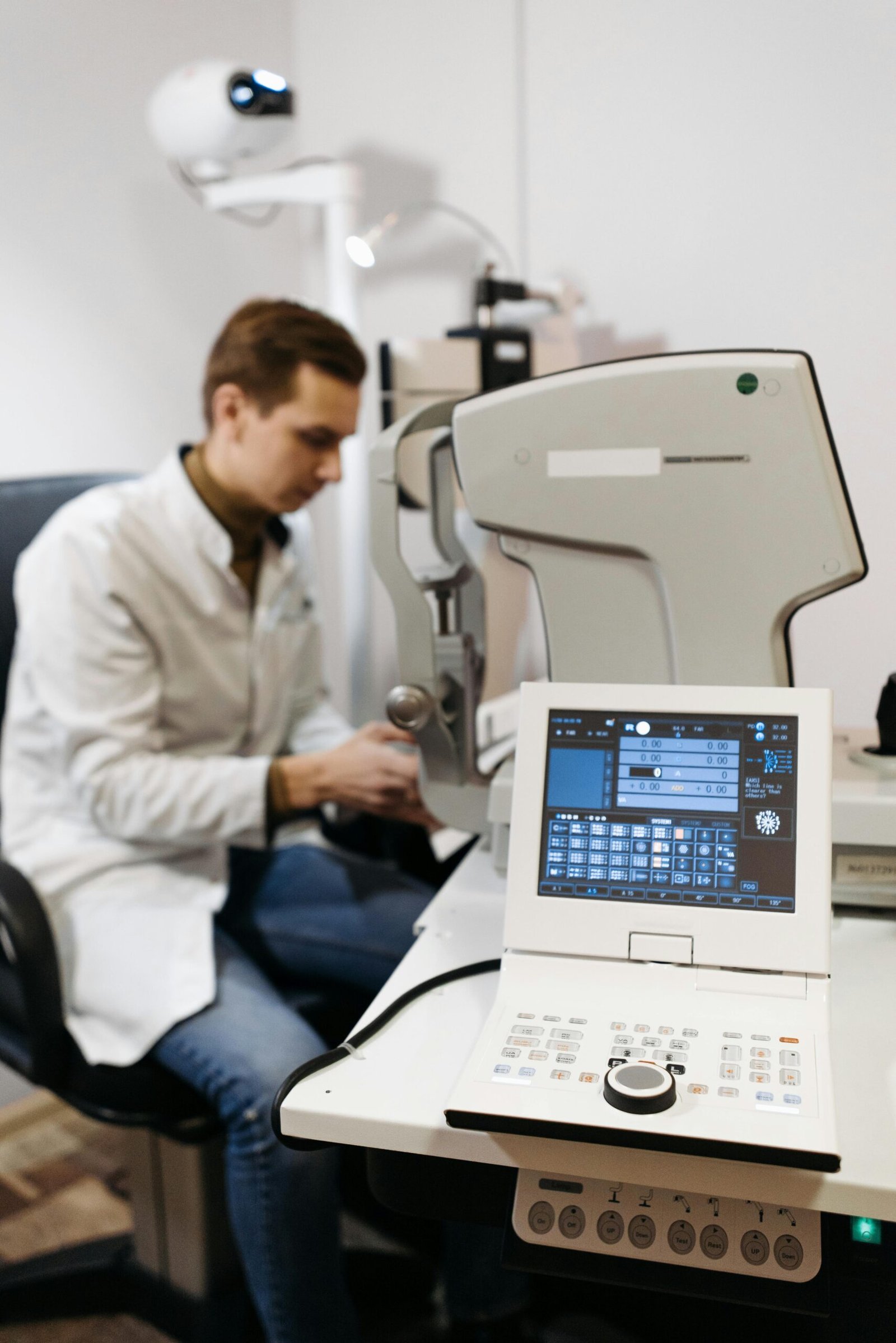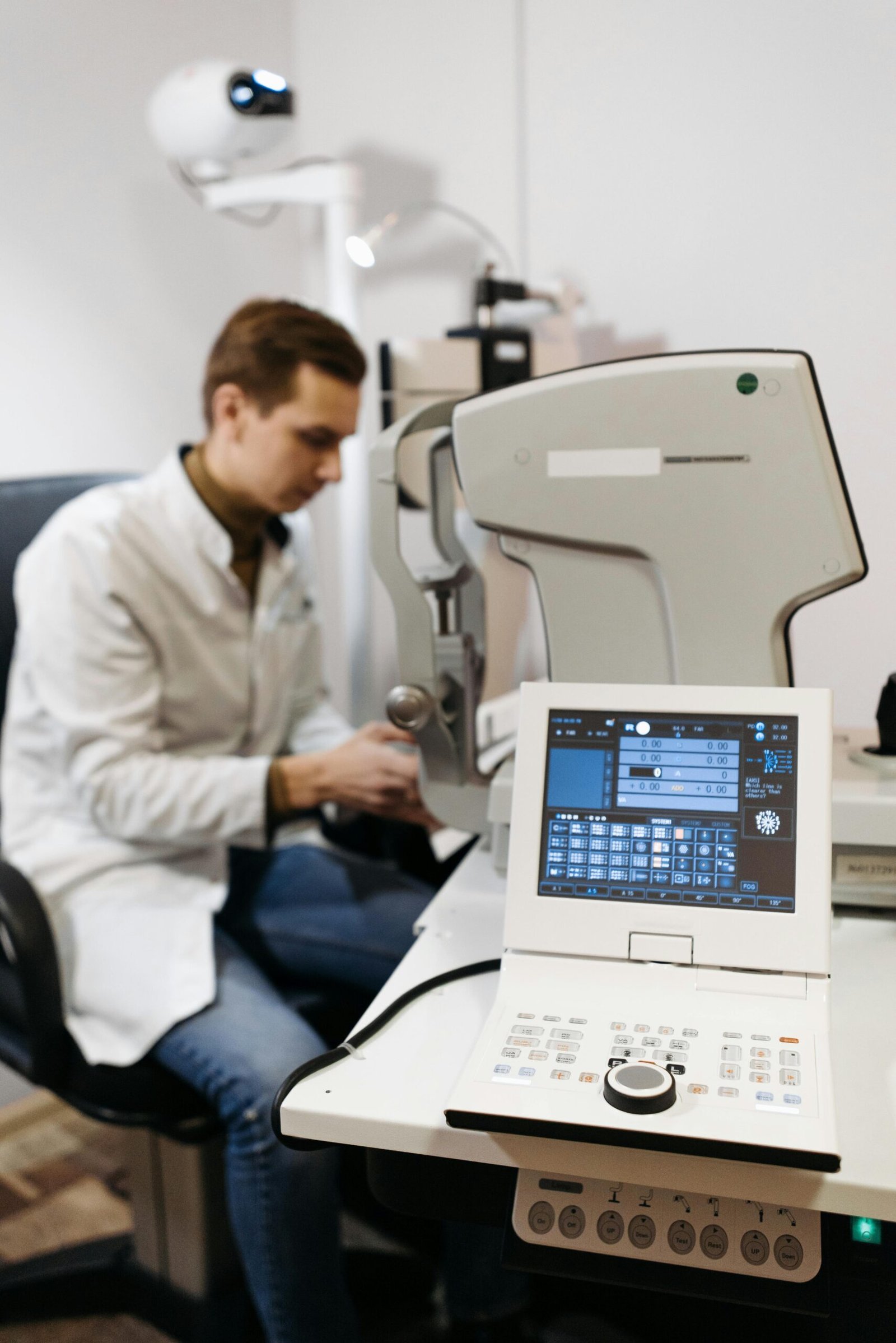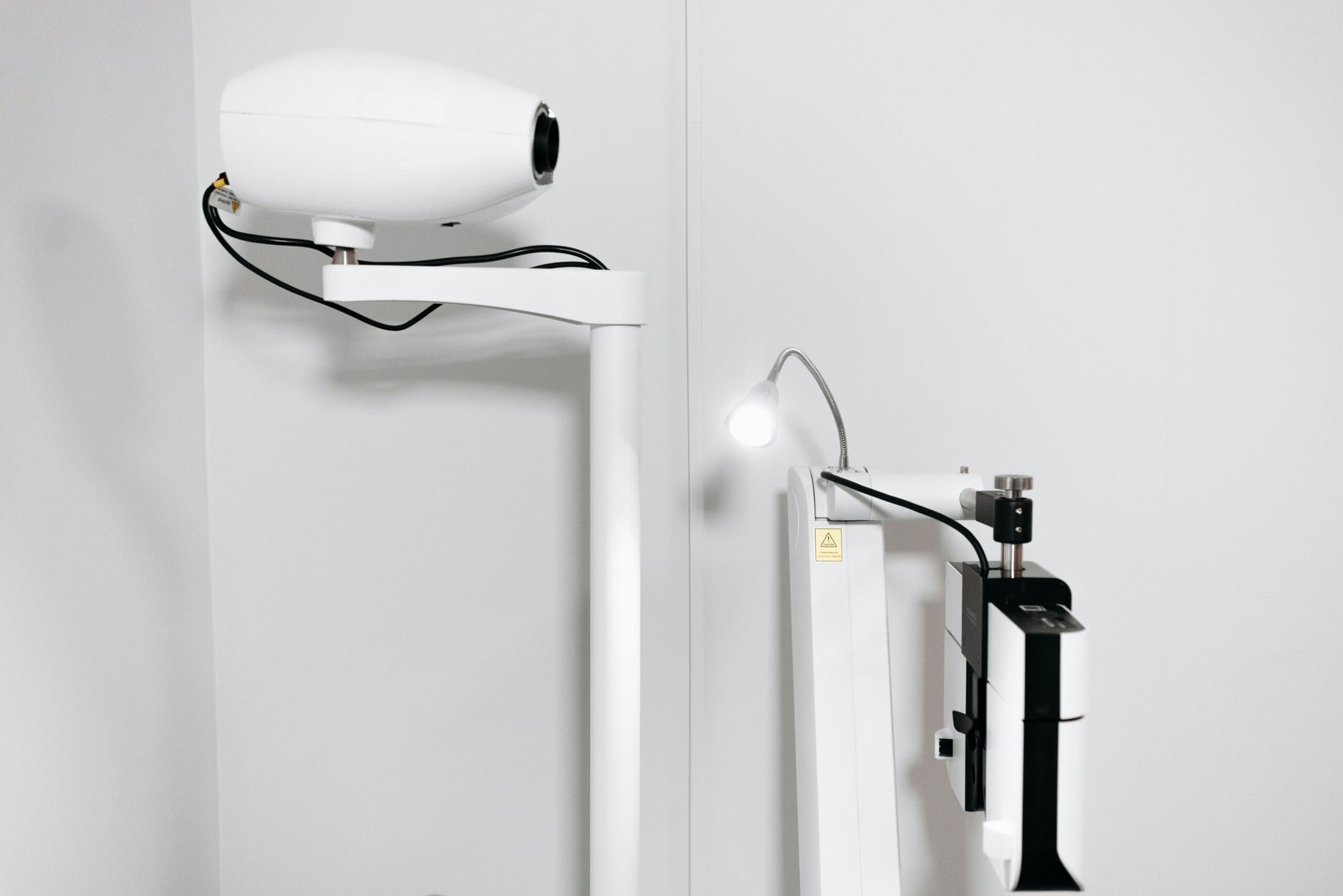
Have you ever woken up with a nagging pain in your right shoulder that seemed to have appeared out of nowhere? If so, you’re not alone. In this article, we’ll explore some common causes of right shoulder pain after sleeping. Whether you’re a side sleeper, a stomach sleeper, or even a back sleeper, understanding what could be behind this discomfort can help you find relief and ensure a restful night’s sleep. So let’s uncover the culprits that might be sabotaging your shoulder and discover some helpful strategies to alleviate the pain.
Causes of Right Shoulder Pain After Sleeping
Waking up with right shoulder pain after a good night’s sleep can be quite frustrating. But what could be causing this discomfort? In this article, we will explore various possible causes of right shoulder pain after sleeping and delve into each one in detail.
1. Improper Sleeping Position
One of the leading causes of right shoulder pain after sleeping is an improper sleeping position. Whether you are sleeping on your right side, stomach, or with your arm overhead, it can put strain on your shoulder joint, resulting in pain and discomfort.
Sleeping on the right side can cause the weight of your body to press down on the shoulder, leading to compression and potentially causing pain. Similarly, sleeping on your stomach can force your shoulder into an awkward position, straining the muscles and tendons.
Sleeping with your arm overhead, especially when using a pillow that is too high or too low, can disrupt the natural alignment of your shoulder joint, leading to pain and discomfort.
2. Rotator Cuff Injury
Another common culprit behind right shoulder pain after sleeping is a rotator cuff injury. The rotator cuff is a group of muscles and tendons that surround the shoulder joint, providing stability and allowing for motion.
A rotator cuff tear or rotator cuff tendinitis can occur due to repetitive motion, overuse, or trauma to the shoulder. These injuries can cause pain, weakness, and limited range of motion, which may worsen after sleeping in certain positions.

3. Bursitis
Inflammation of the bursa sacs in the shoulder, known as bursitis, can also contribute to right shoulder pain after sleeping. The bursa sacs act as cushions between tendons, bones, and muscles, reducing friction and allowing smooth movement.
When the bursa sacs become inflamed, often due to repetitive movements or an injury, it can result in pain, swelling, and tenderness. This discomfort can be particularly noticeable after a night of sleep, where the shoulder has been relatively immobile for an extended period.
4. Arthritis
Arthritis, a condition characterized by joint inflammation, can affect the shoulder joint and lead to right shoulder pain after sleeping. Two common types of arthritis that can cause shoulder pain are osteoarthritis and rheumatoid arthritis.
Osteoarthritis occurs when the protective cartilage that cushions the ends of bones wears down over time, leading to pain, stiffness, and swelling. Rheumatoid arthritis, on the other hand, is an autoimmune disease that causes inflammation not only in the joints but throughout the body.
Both forms of arthritis can cause pain in the shoulder, especially after a prolonged period of rest, such as during sleep.

5. Shoulder Impingement
Shoulder impingement occurs when the tendons and bursa in the shoulder joint become compressed, often due to repetitive overhead activities or poor posture. This compression can cause pain, weakness, and limited range of motion in the shoulder.
Sleeping in certain positions, such as with your arm overhead or placing too much weight on the shoulder, can exacerbate shoulder impingement and lead to increased pain and discomfort upon waking.
6. Frozen Shoulder
Frozen shoulder, also known as adhesive capsulitis, is a condition characterized by stiffness and pain in the shoulder joint. It occurs when the tissues around the joint thicken and become tight, limiting movement and causing discomfort.
Sleeping in a position that puts strain on the already affected shoulder can worsen the symptoms of frozen shoulder and result in increased pain in the morning.

7. Tendinitis
Tendinitis refers to inflammation of the tendons in the shoulder. This can be caused by repetitive motion, overuse, or sudden injury. Tendinitis can cause pain, swelling, and tenderness in the affected tendon.
Sleeping in positions that put pressure on the inflamed tendon can aggravate the pain and make it more noticeable after waking up.
8. Muscle Strain
Overexertion or trauma to the muscles in the shoulder can result in a muscle strain. This can happen from activities such as lifting heavy objects or engaging in intense physical exercise.
Sleeping in an awkward position or placing excessive weight on the shoulder can exacerbate a muscle strain, leading to increased pain and discomfort in the morning.
9. Dislocated Shoulder
Although less common than the other causes mentioned, a dislocated shoulder can also lead to right shoulder pain after sleeping. A dislocation occurs when the upper arm bone pops out of its socket, causing severe pain, limited mobility, and swelling.
While a dislocated shoulder is often a result of a traumatic injury, certain sleeping positions or movements during sleep can put stress on the shoulder joint and increase the risk of dislocation, leading to pain upon waking.
10. Nerve Compression
Nerve compression in the neck or shoulder can also cause right shoulder pain after sleeping. When a nerve is pinched or compressed, it can result in pain, tingling, numbness, or weakness in the affected area.
Issues such as a pinched nerve in the neck or thoracic outlet syndrome, where nerves and blood vessels are compressed between the collarbone and first rib, can contribute to shoulder pain that is particularly noticeable after a night of rest.
In conclusion, right shoulder pain after sleeping can have various causes, ranging from an improper sleeping position to more severe conditions such as rotator cuff injuries or arthritis. It is important to pay attention to your sleeping habits, seek medical advice if the pain persists or worsens, and make any necessary adjustments to promote better shoulder health and a restful night’s sleep.





